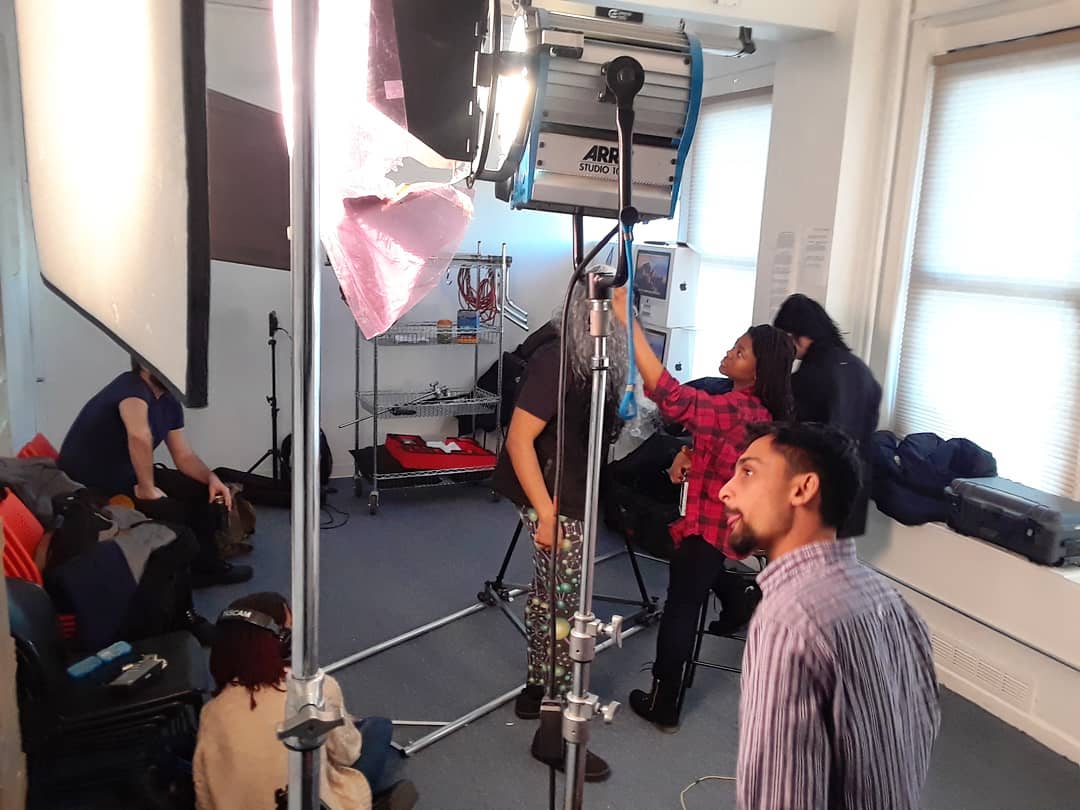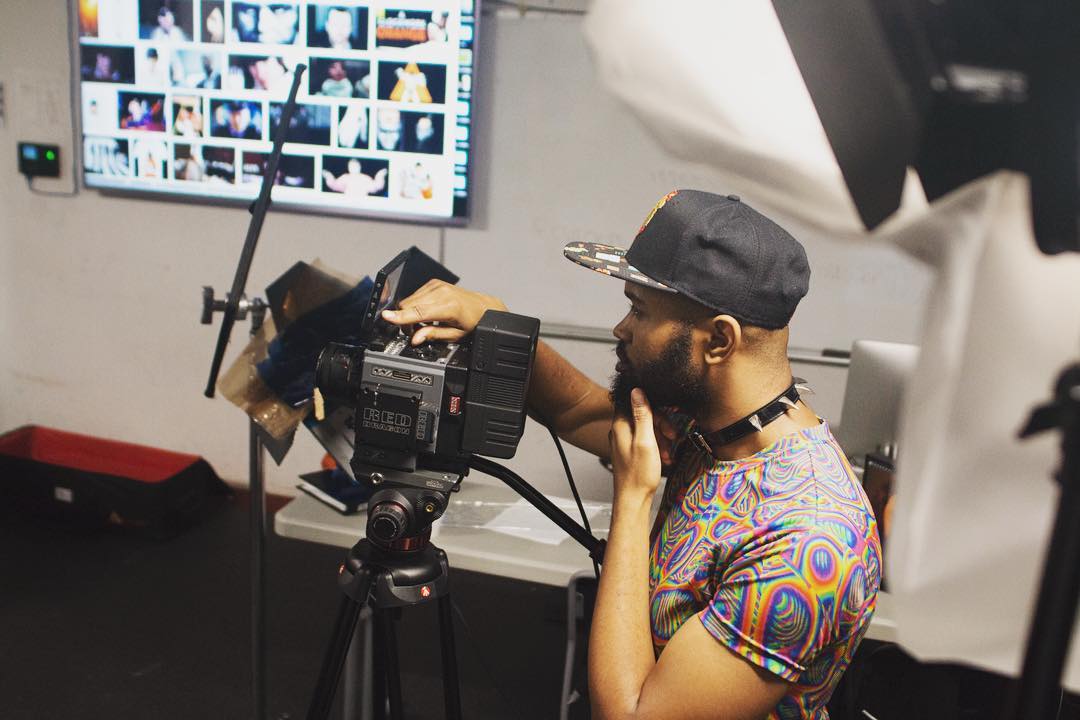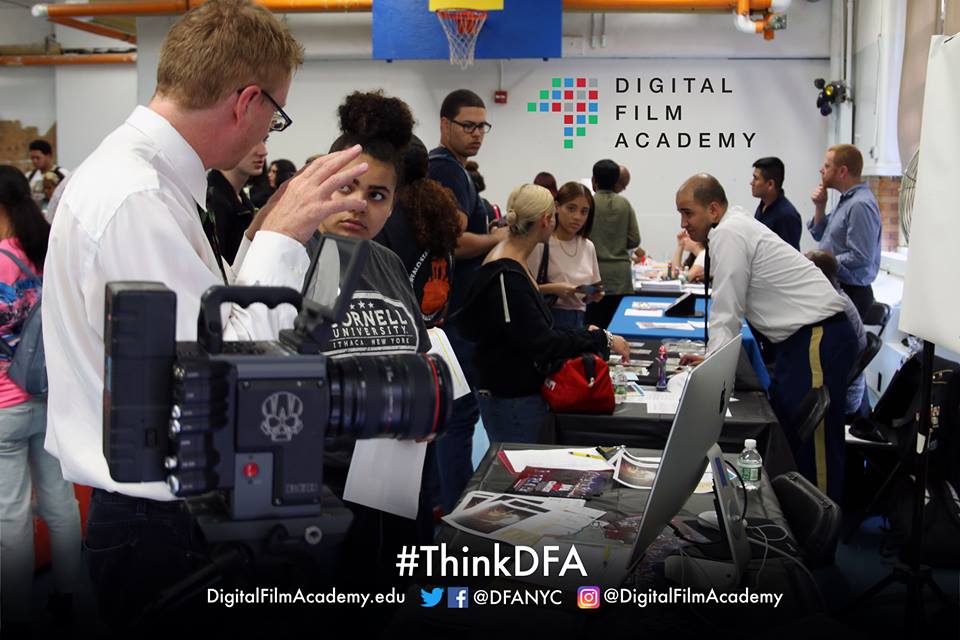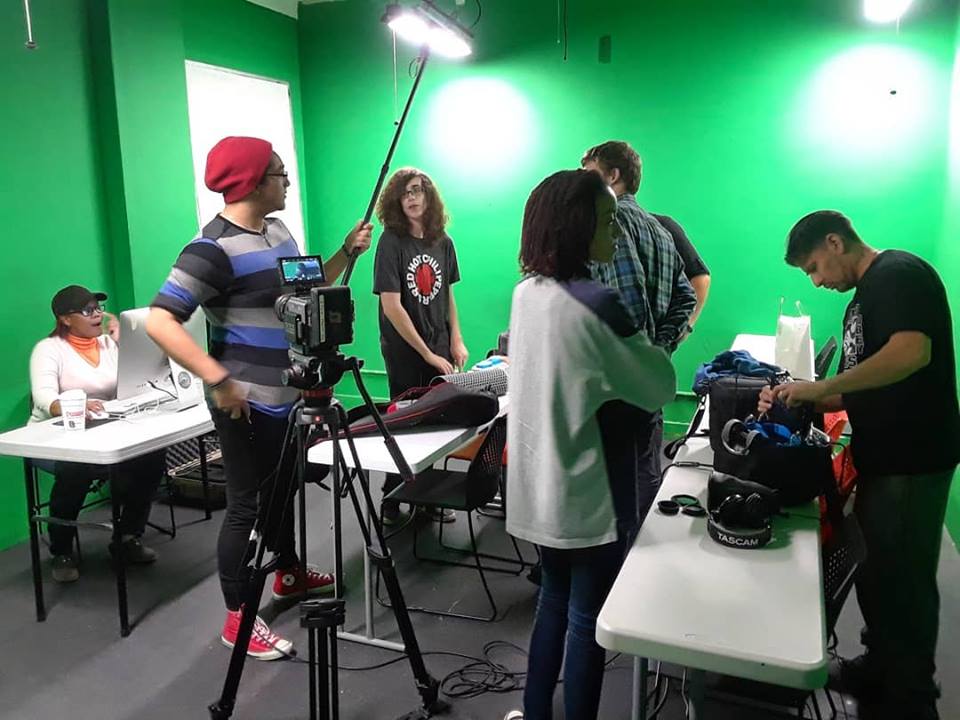Finding a job in the film industry can be difficult but not impossible. It all depends on the number of opportunities that are there around you. No matter which way you choose, putting in all the hard work will help you in starting your career in the film industry. If you are planning to pursue your career in the film industry and want to be a part of the video production team then have a look at this article.
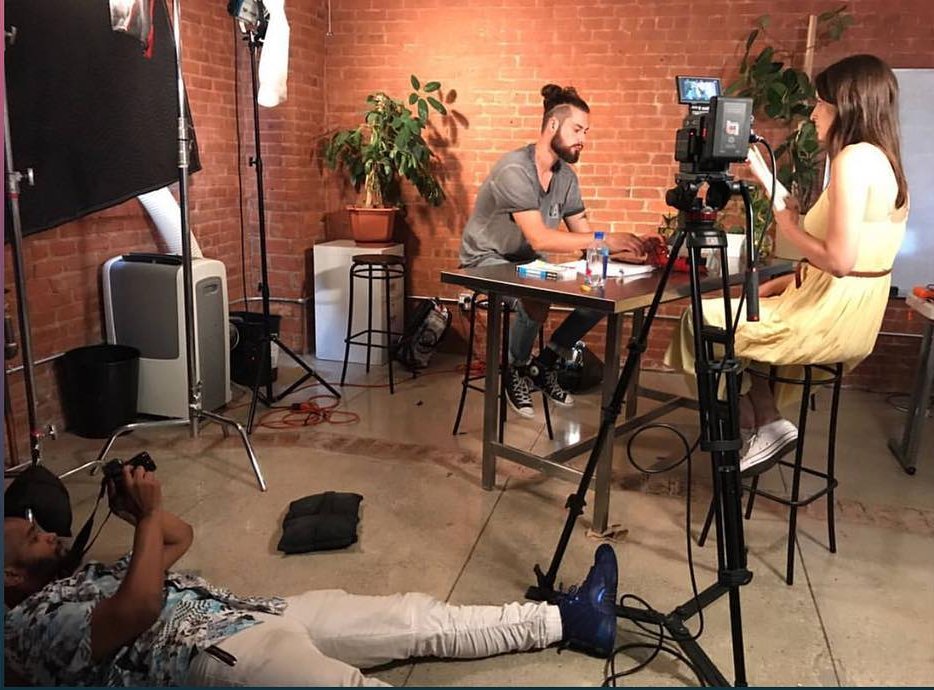
Below mentioned are ways to start a career in film or video production.
1- Know about the language: Before you start applying for the jobs, make sure that you are able to have conversations about the film with other members of the team. Do some research, surf the internet and gain some knowledge about the language used in the film industry.
2- Learn about film and video production: If you are planning to pursue a career in production, then brush up your technical skills. Make sure you research the production jobs, research how production differs in various projects and studios. Also, it is important to have knowledge about the different roles of the production team. It also will be worth your while if you learn about the entire process of how a film is made.
3- Consider going to a producing school: Production schools can teach you everything related to production and film industry. This makes applying for jobs easy. You will be having enough knowledge about the industry and it will be easy for you to seek out for jobs.
4- Know about the industry in your area: If you are planning to work in your area, then research the companies, studios in your own city. There are different centers of films both nationally and internationally. And these centers do amazing work. This makes finding jobs in your own city easy.
5- Produce your own videos: Before joining the production team, you can make your own videos too. Take part in various competitions and make short films. This will be an addition to your resume and will help you later.
6- Shape your resume: While making a resume, pen down all your education. Don’t forget to mention about any projects that you have worked on. Also if you have an experience in the industry, make sure you list all the jobs in the resume.
Before starting your career, make sure you gather all the information about the film industry. Working in the industry can be very interesting and rewarding too.
If you are looking for a film school in NY, then get in touch with Digital Film Academy.


